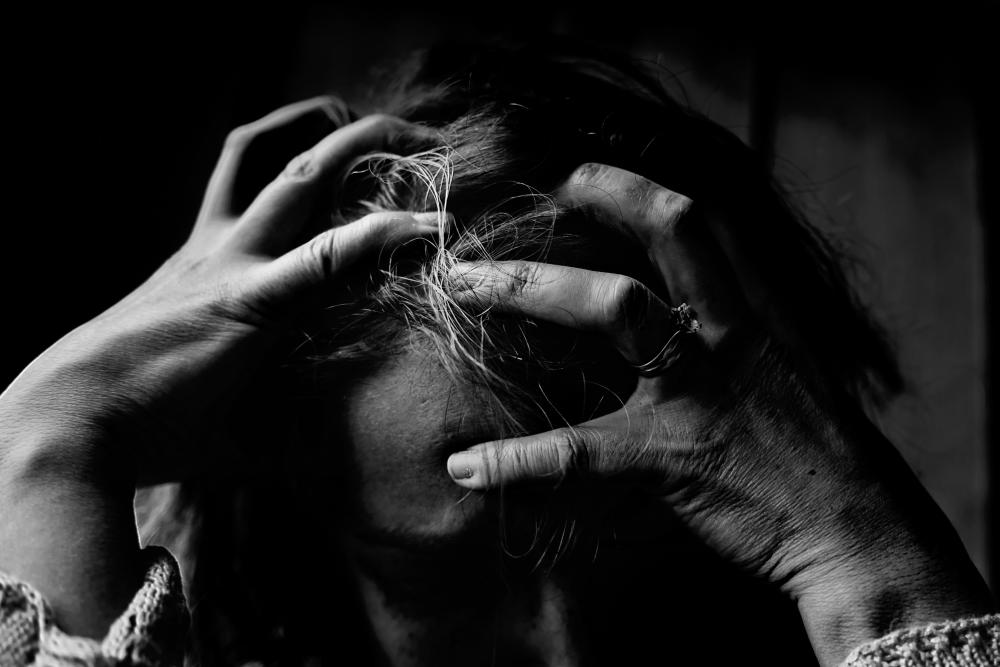EMOTIONAL abuse can be challenging to identify because it often occurs behind closed doors. There are several emotional cases of abuse that are apparent.
Some may go unnoticed for years or even decades before they’re identified as abusive.
But make no mistake: emotional abuse is a severe form of abuse, that can have devastating effects on those who experience it.
In an abusive situation, it is not uncommon for an abuser to threaten his victims with harm if they don’t do what the abuser wants. The threat may be direct or indirect.
They control another person by instilling fear and may also prevent someone from leaving an abusive relationship.
The silent treatment is a form of emotional abuse where an individual refuses to communicate with another person.
This is done by ignoring the person and refusing to speak or not answer his or her calls.
It is a passive-aggressive tactic used to manipulate victims into getting what they want.
Isolation is a form of emotional abuse that occurs when the abuser tries to cut the victim off from friends, family and other sources of support.
It is meant to control a person’s actions, thoughts and feelings.
Isolation can also shame and belittle the victim into believing they are worthless if they don’t comply with their abuser’s wishes.
The effects on a survivor can vary depending on the length and severity of the abuse.
Overprotection is when someone in a relationship is excessively protective of his partner.
It often involves controlling the victim’s activities, behaviour and movements.
This can be seen in relationships between parents and children, and romantic partners.
While it is normal for parents to protect their children, overprotective parents may go too far by constantly watching over their children or keeping them away from other people or the activities they enjoy.
This becomes abusive when it goes too far and negatively affects a child’s well-being or development as they grow older.
In a romantic relationship, an overprotective partner might try to control what the other partner does or where he or she goes.
They may not want them to go out with friends or family members without supervision.
Gaslighting is a form of emotional abuse where a person makes the victim question his or her reality.
Often, the perpetrator will lie to the victim about certain events taking place and then deny they have occurred when confronted. This can confuse the victim, who may doubt themself and their memory of the events.
A “guilt trip” means manipulating someone into feeling guilty using shaming tactics.
This form of abuse creates an emotional reaction within the victim that could cause him or her to feel remorseful of their actions or inaction.
The perpetrator then uses this emotion to manipulate the victim into doing something they want them to do – often something against their own will.
Sleep deprivation can be a form of emotional abuse in a relationship.
An abuser might use sleep deprivation as part of an attempt to break down a person emotionally so that they will submit to their demands or agree with any suggestions they make.
It also makes it difficult for people to think clearly and logically, making it easier for abusers to get what they want from their victims.
Body shaming is another form of emotional abuse that occurs when a person criticises an individual’s body.
This may involve comments on weight, physical appearance or even sexual performance.
The goal is to make the person feel less than human or worthless because of their appearance.
This can happen in any relationship, whether it is between friends, family members or even coworkers.
Body shaming can be intentional or unintentional, but it affects those who experience it.
Financial abuse doesn’t mean someone steals money from their partner; it can also include controlling, withholding or sabotaging money.
They might refuse to give their partner access to a bank account or credit card, take charge of all their finances and make decisions without consulting them. It can also include monitoring their spending and judging them harshly.
Despite the number of conversations that focus on physical abuse, it is always important to remember that emotional abuse damages a person’s well-being.
While a physical bruise may heal in time, the impact of abusive words, mean stares and constant put-downs can linger for years.
It is essential to recognise the signs of abuse and seek help.
Dr Praveena Rajendra is a certified mental health and awareness practitioner. Comment: letters@thesundaily.com









